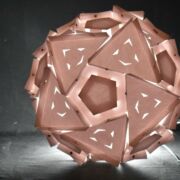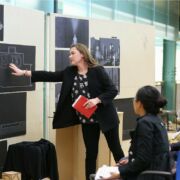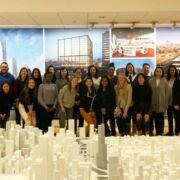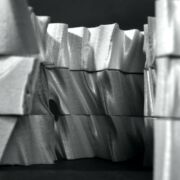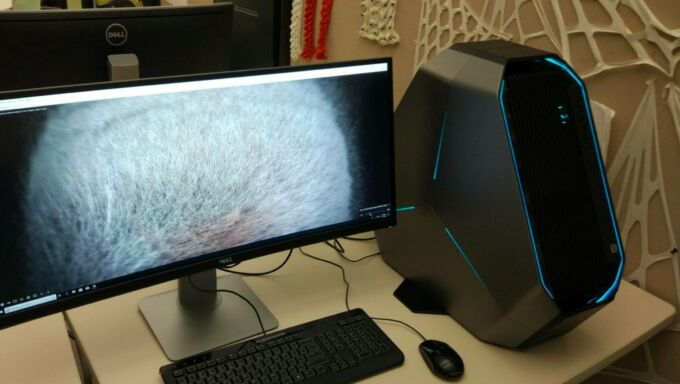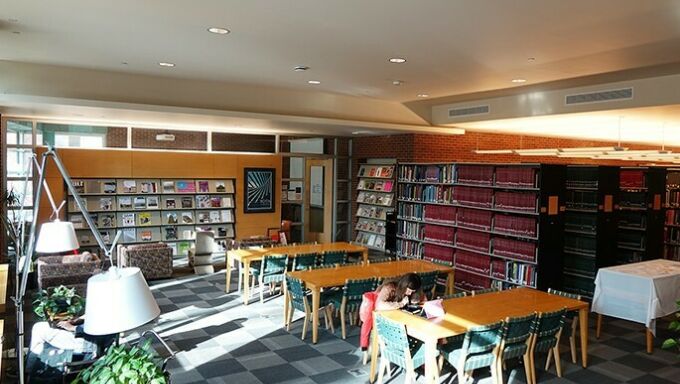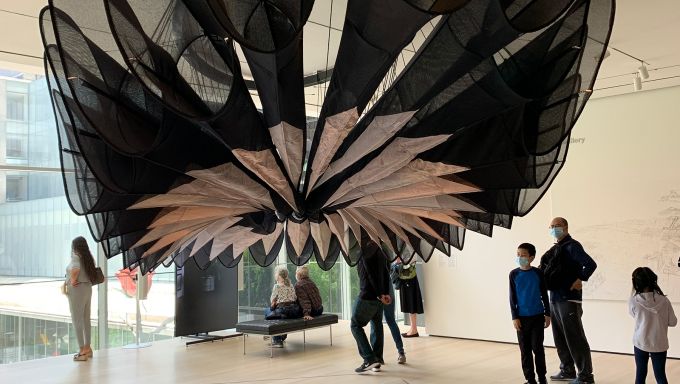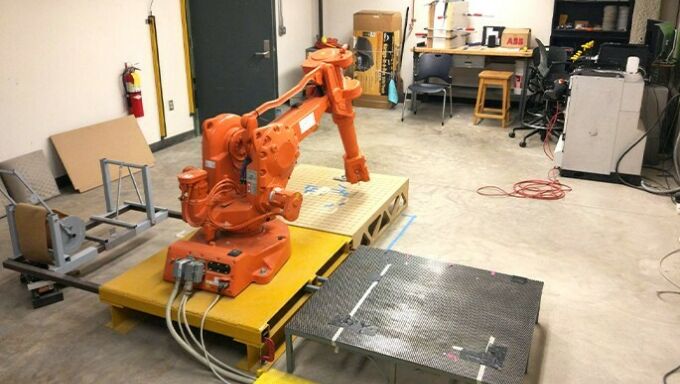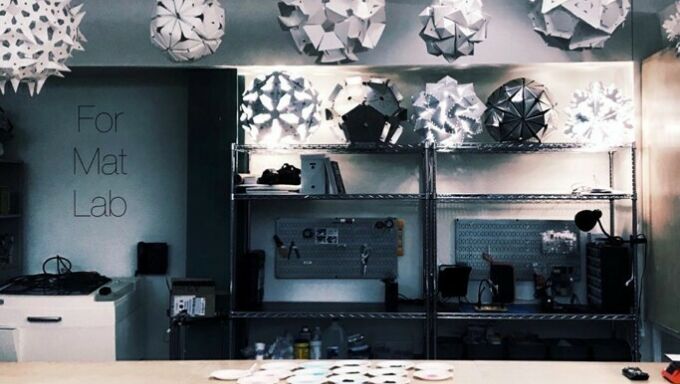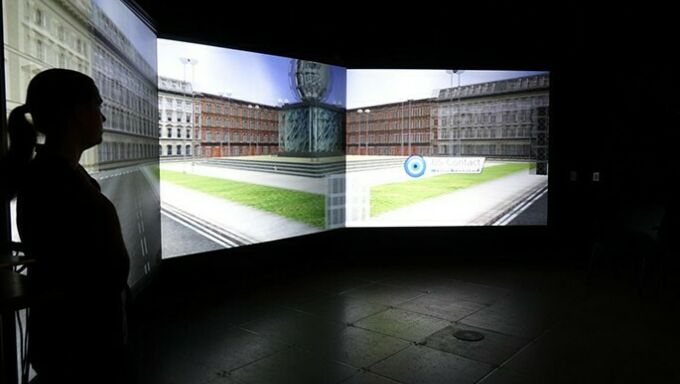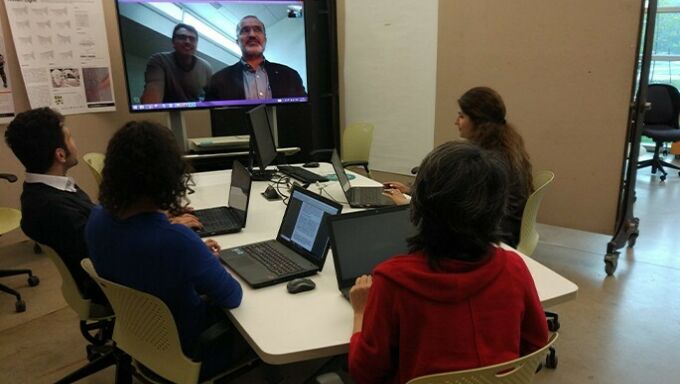
Department of Architecture
A tradition of excellence
The Department of Architecture’s century-strong traditions of drawing, model-making, community outreach/service learning, and hands-on construction prepare students to explore innovative models of architectural practice as well as non-traditional approaches, including design-build and digital fabrication.
The award-winning faculty are active in professional practice, research and service projects, and national and international competitions, as well as scholarly activities. Thanks to a rigorous curriculum with numerous opportunities to engage in professional projects and work with external stakeholders, graduates are prepared for wherever their design degrees may take them.
Contact
Department of Architecture
121 Stuckeman Family Building
University Park, PA 16802
814-865-6112
814-863-8137 (fax)
Frank Jacobus
Department Head and Professor of Architecture
Jessica Wade
Architecture Academic Program Coordinator, Stuckeman School
Connect
Computing Cluster and Lab Remote Access Guides
Research clusters
Department of Architecture degree programs offer concentrated inquiry, research, study, and pedagogy spanning four key areas of focus, or research clusters: Culture, Society, Space; Design Computing; Material Matters; and Sustainability. Students will engage broadly with each of these areas, as well as selecting a specific cluster for primary course work and scholarship.
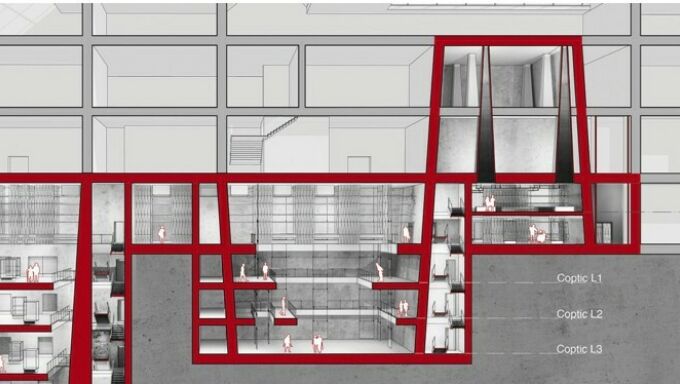
Culture, Society, Space (CSS) - Penn State Architecture
The Culture, Society, Space (CSS) research cluster examines how built spaces – from the artifact to the urban – affect those who interact with them and, conversely, how cultural, societal and disciplinary values shape the spaces we create.
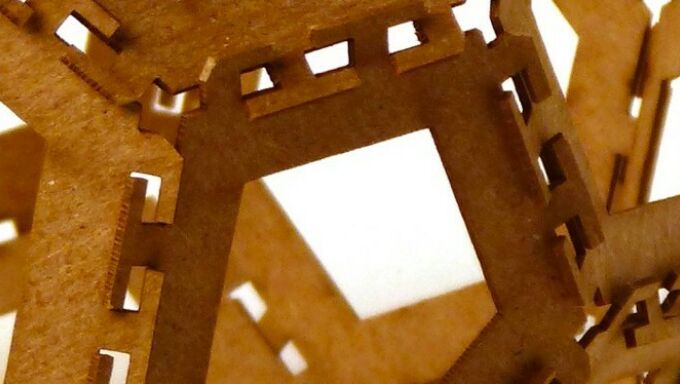
Design Computing (DC) - Penn State Architecture
The Design Computing (DC) research cluster offers students critical knowledge and advanced skills in the use of digital technologies in architecture and related design fields, especially in the areas of visualization, generative systems, and fabrication.
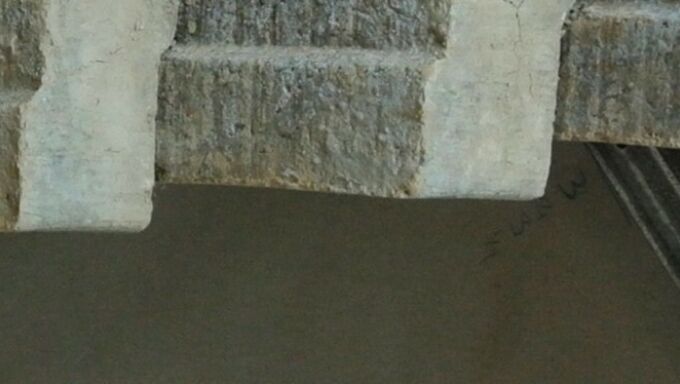
Material Matters (MM) - Penn State Architecture
The Material Matters (MM) research cluster provides students with opportunities to delve into the interaction of materials and processes.
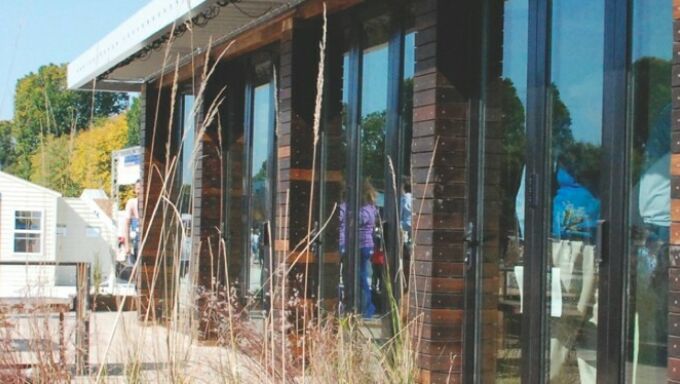
Sustainability (SUS) - Penn State Architecture
The Sustainability (SUS) research cluster investigates architecture’s potential to improve the quality of life for current and future societies around the globe, addressing issues of natural resource consumption, pollution prevention, and organizational dependencies.
Alumni Spotlight
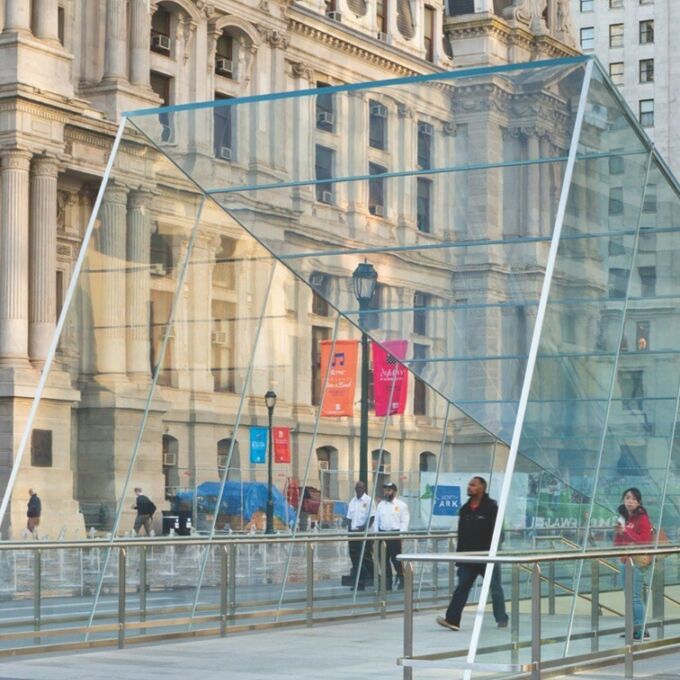
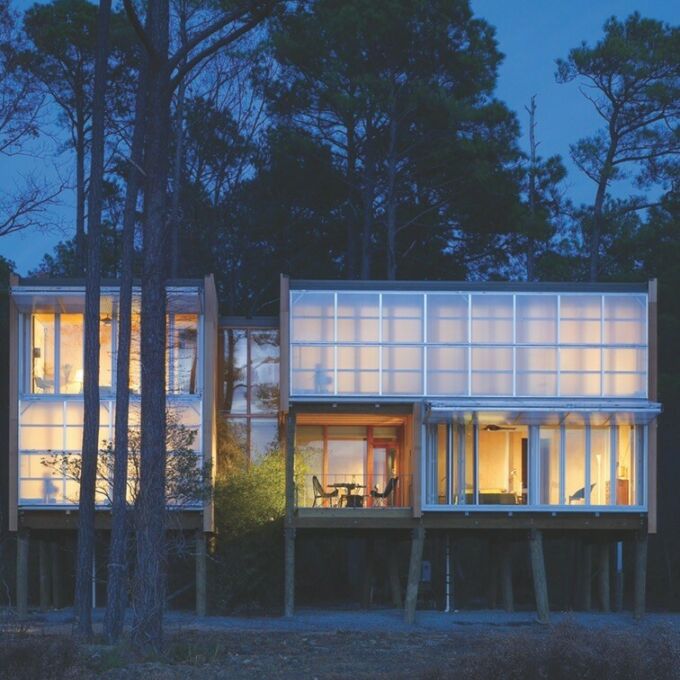
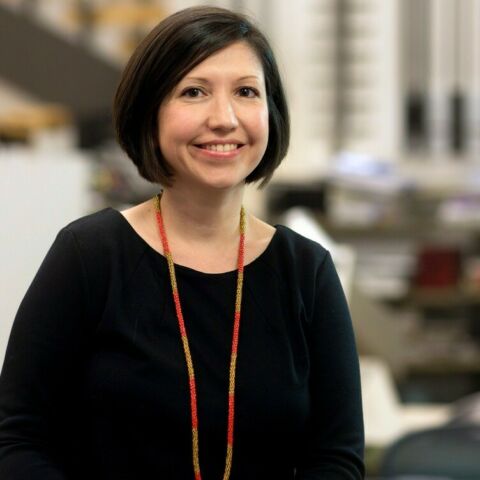
alumni spotlight
Marilia Rodrigues
Marilia Rodrigues is a principal at KieranTimberlake, an internationally recognized architecture firm noted for its commitment to research, innovation, and invention. She brings multiple technologies, voices, and talents together to achieve award-winning designs.
Faculty Spotlight
See all our Faculty
faculty spotlight
DK Osseo-Asare
Fulbright scholar, TED Global Fellow, and Africa 4 Tech Digital Champion, DK Osseo-Asare is assistant professor of architecture and engineering design, facilitating collaboration among the Stuckeman School, the School of Engineering Design, Technology and Professional Programs, and the Materials Research Institute. He is also the director of the Humanitarian Materials Lab (HuMatLab), affiliate to the Materials Matters and Stuckeman Center for Design Computing research clusters, and associate director of Penn State's Alliance for Education, Science, Engineering and Design with Africa (AESEDA). Outside the University, he is cofounder and principal of architecture and integrated design at Low Design Office (LOWDO), based in Austin, Texas, and Tema, Ghana.
